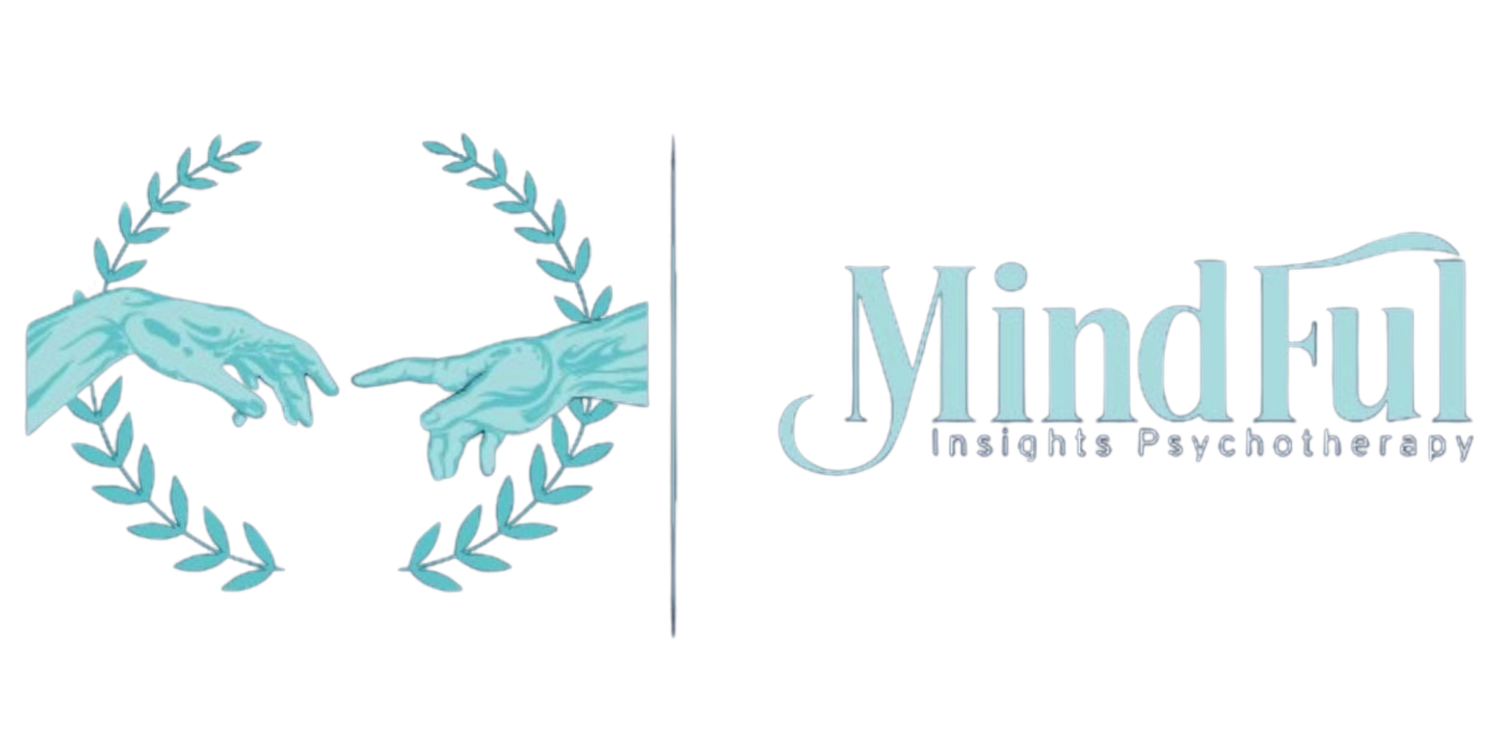The Lingering Impact of Childhood Trauma on Adult Relationships
Introduction:
Childhood shapes us in profound ways. For individuals who have experienced trauma, these experiences leave lasting emotional imprints that influence adult relationships. From trust issues to intimacy struggles, understanding how trauma affects us is key to healing. At Mindful Insights Psychotherapy, we explore the impact of childhood trauma on adult relationships and how therapy can promote emotional well-being.
1. Trust and Vulnerability: The Core of Healthy Relationships
Trust forms the foundation of healthy relationships, but childhood trauma, such as abandonment or neglect, can cause survivors to struggle with vulnerability. This makes it difficult to form deep emotional connections.
Healing Tip: Therapy is essential in rebuilding trust. Start with self-awareness and practice open communication to allow vulnerability and trust to grow over time. Learn more about individual therapy to support trust-building.
2. Emotional Reactivity: Triggers and Overreactions
Childhood trauma often leaves survivors emotionally reactive, especially when triggered by situations that resemble past experiences. This emotional reactivity can cause misunderstandings in relationships.
Healing Tip: Mindfulness and therapy can teach individuals how to manage triggers, improving emotional regulation and reducing overreactions. Discover mindfulness techniques.
3. Fear of Abandonment
Trauma survivors may fear being abandoned again, causing them to either cling to relationships or push others away preemptively.
Healing Tip: Therapy, especially Cognitive Behavioral Therapy (CBT), can help reframe thoughts and reduce fear of abandonment. Explore CBT options.
4. Avoidance of Intimacy
For some, emotional closeness feels risky due to past trauma. This may lead to sabotaging relationships or avoiding intimacy altogether.
Healing Tip: Gradually practice vulnerability in safe spaces, like therapy. Building emotional safety over time is vital for developing deep connections. Consider couples therapy to improve intimacy.
5. Co-Dependency or Over-Responsibility
Survivors of childhood trauma often take on co-dependent behaviors, prioritizing their partner’s emotions while neglecting their own.
Healing Tip: Set healthy boundaries and practice self-care. Therapy can teach you how to express your needs without guilt. Learn more about boundary-setting.
6. Difficulty Communicating
Survivors may struggle with expressing their emotions or avoid difficult conversations, which leads to miscommunication and passive-aggressive behaviors.
Healing Tip: Open communication is key. Therapeutic approaches like Emotionally Focused Therapy (EFT) can help individuals learn how to communicate their needs effectively. Read about EFT.
Conclusion: Healing from the Past
Childhood trauma doesn’t have to define your relationships. By acknowledging how your past shapes current patterns, therapy and self-awareness can help you create space for healthier, more fulfilling connections.
At Mindful Insights Psychotherapy, we provide compassionate support for those dealing with childhood trauma’s effects on adult relationships. Contact us today to begin your healing journey and build stronger, healthier bonds.

